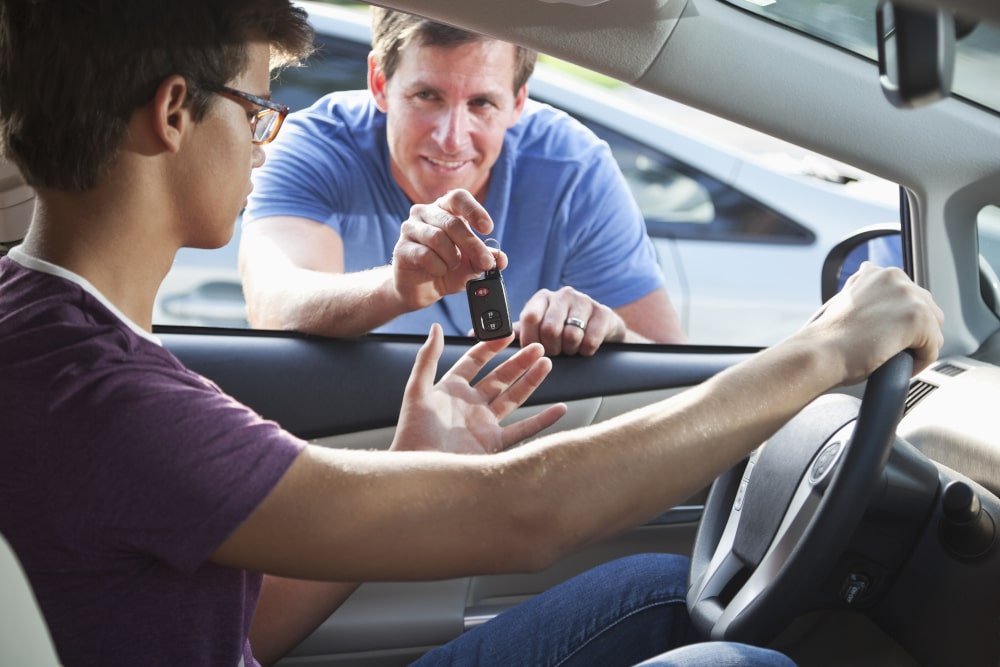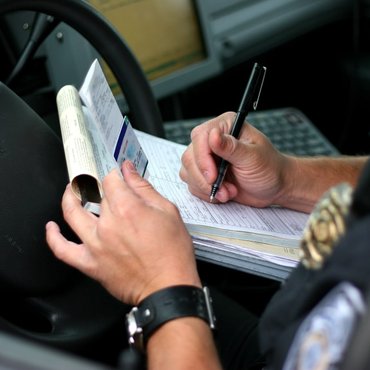The criminal defence DUI lawyers of Mass Tsang law firm have established a stellar reputation in the Greater Toronto Area for expertise in impaired driving cases. While lesser known for their
traffic violation lawyer
role, Mass Tsang lawyers have successfully defended 1,000s of Ontario clients against traffic offence charges in Toronto. With so much working experience with Criminal Code DUI laws, the Ontario Highway Traffic Act, and other laws that regulate our highways and roads, Mass Tsang understands the underlying cause of almost all traffic-related violations.
That is irresponsible driving. Most people who receive traffic tickets, get
arrested for DUI
, or get charged with other driving-related offences were failing to drive responsibly. Thus, we’ve got some advice on how to be a responsible driver in Canada. Following the tips below can lessen the likelihood of getting a ticket or getting charged with other motor vehicle violations. They will also help make you a safer driver and less likely to get into an accident.
Before You Even Start Your Car
To the extent possible, try to keep your motor vehicle in top mechanical condition. Have any noticeable problems repaired as soon as possible, follow the recommended maintenance schedule, and keep your tires properly inflated. Such actions help make your car safer, which makes you a more responsible driver. And some faulty equipment, such as lights, mufflers, and mirrors, can result in a non-moving violation traffic ticket.
Make sure your paperwork is up to date and on your person or in the car. This includes a valid driver’s license, insurance papers, car registration, and an up-to-date tag on your license plate.
Buckle up and ensure that adult passengers wear their seatbelts and that children are in the approved child or booster seats as warranted. Not only is this the responsible thing to do but tickets for failing to wear seatbelts or use appropriate children’s car seats are among the most common in Canada.
Don’t even think about turning that ignition key if you’ve had a few drinks, consumed cannabis, or taken any other drugs that can impair your ability to drive safely.
OK, Now You’re on the Road
You’ve often heard the phrase “drive safely,” but what exactly does this mean?
Well, for starters, obey all traffic rules, signs, and signals. They are “rules” primarily for the sake of safety, and failing to follow them increases the chances that you might get in an accident. And, as rules, breaking them makes you irresponsible and subject to a traffic violation citation should the police witness you breaking them.
Second, practice defensive and courteous driving. You can practice effective defensive driving by being situationally aware, managing space, and communicating intentions. Situational awareness means being aware of all traffic and road conditions in front, behind, and besides you so that you can quickly react to any changes in flow or traffic signals. Your eyes should constantly scan both the nearby traffic and any situations arising further up the road. Check your mirrors every five seconds or so to assess traffic behind and beside you.
Managing the space around your vehicle by leaving plenty of space between you and other cars improves visibility and provides more time to react to changes in flow and possible collisions. The most significant potential collision risks are ahead of you in the direction you are moving, so don’t tailgate.
You can’t effectively talk to other drivers, pedestrians, and cyclists, but you can let your intentions be known by making sure you always use your traffic signals. Always use your turn signals when approaching a turn or before changing lanes, and tap the breaks well in advance of coming stops.
Oh, and did we mention “don’t drink and drive?” If you drink and drive or otherwise drive “while impaired,” you’re in no “condition” to drive responsibly!
Avoid Distractions While Driving
We’ve covered the basic essential components of responsible driving, but we’ll now turn to a driving responsibility that is just as important as not driving while impaired. According to Ontario’s
Official Ministry of Transportation Handbook
, distracted driving kills about 100 people and injures 16,000 every year in Ontario, with an estimated one in four of these deaths being “vulnerable road users such as pedestrians and cyclists.”
Distracted driving is also very much against the law. In Ontario, it is illegal to use hand-held communication/entertainment devices and other display screens while driving, even if stopped at a traffic signal or sign. Such devices include:
-
Cell phones
-
Tablets
-
Gaming consoles
-
GPS screens
-
Video players
Hands-free and built-in wireless vehicle devices with an earpiece, lapel button, or Bluetooth are exempt from the law, but don’t let their display screens distract you. Know also that other actions that might distract you from driving responsibly, such as:
-
Eating
-
Drinking (especially not alcohol)
-
Grooming
-
Smoking
-
Reading
-
Reaching for objects within the car
can result in careless or dangerous driving charges if police believe they caused you to drive erratically.
Drive According to the Conditions
Our final advice about responsible driving involves driving according to the conditions. You might be in control of your vehicle, but driving conditions affect your ability to drive safely. Consider these potential outside factors that can inhibit your ability to drive safely and responsibly, including:
-
Rain
-
Wind
-
Snow
-
Ice
-
Sleet
-
Glare
-
Fog
and drive accordingly.
Responsible driving in such conditions primarily means slowing down. It also means putting more emphasis on defensive driving skills. You can do this by leaving far more space between you and other vehicles, cutting all potential distractions (radio, passengers speaking, wandering mind, etc.), and putting your driving focus into top gear. If the conditions are unreasonably unsafe, do the responsible thing and don’t drive.
Secure the Best Toronto Traffic Violation Defence with Mass Tsang
Given that there are
more than 1,000 motor vehicle offences
that you can be ticketed or charged for in Ontario, we trust that you’ll heed our advice and follow these tips. If not, and you get cited for a traffic violation or arrested for a more severe motor vehicle violation, contact the experienced traffic violation and DUI lawyers at Mass Tsang. Your Mass Tsang lawyer can strategize a solid defence to fight the most serious traffic violations in court and help you beat traffic tickets issued for less serious traffic offences.
Contact Mass Tsang Today
for the best traffic violation and DUI lawyers in the Greater Toronto Area.





